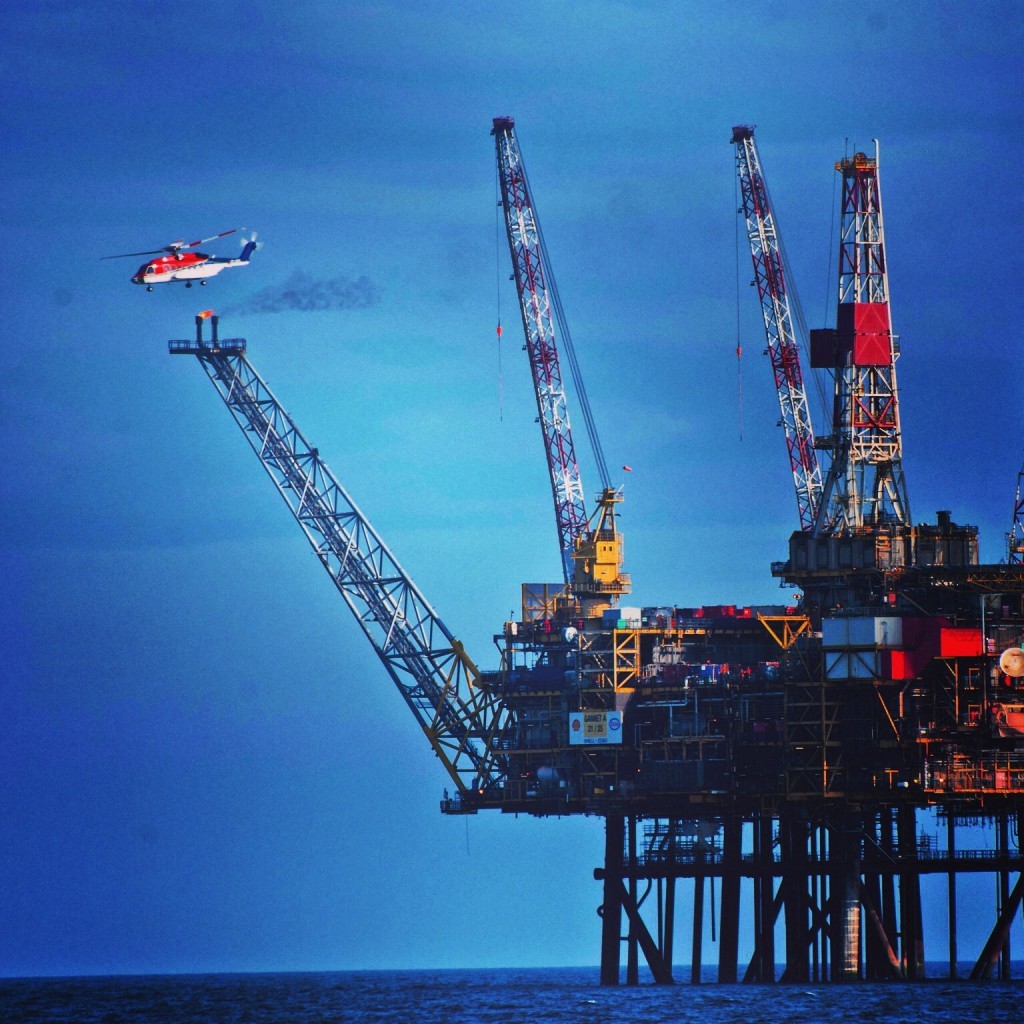
Deloitte has predicted a rise in North Sea infrastructure deals this year, with private-equity playing a growing role.
The business advice firm said that with more oil and gas companies looking to rationalise their portfolios and sell non-core assets, private equity and specialist infrastructure funds were emerging as the most likely buyers.
Deloitte’s latest European Infrastructure Investors survey showed pipelines, in particular, had provided a solid and steady return over the past five years.
The research also suggested pipelines were likely to remain a strong focus for infrastructure investors in the future, along with gas and fuel storage.
Shaun Reynolds, transaction services director at Deloitte, said: “Historically, big oil and gas operators developed and owned what they needed, transporting their major discoveries through proprietary pipelines and refining it in their own processing plants.
“That’s largely remained the case, until the last two or three years.
“The ownership model has evolved, driven by the maturity of the basin and the low oil price.
“Established players are divesting to shore up their balance sheets and infrastructure is comparatively less complex to value and sell, with a ready market at the right price.”
He added: “Private-equity firms and specialist energy infrastructure funds are likely buyers, specifically those with a solid grasp of the UKCS (UK continental shelf).
“They’ll look to take a number of assets under management, create a portfolio, maximise their potential and then look to divest; most likely to a pension fund aiming for steady returns from a stable asset.”
Last year, BP sold its stake in the Central Area Transmission System (CATS) to Antin Infrastructure Partners in a £324million deal. The deal gave Antin near-complete ownership of the asset.
The third party ownership model has been employed successfully in the US shale gas market for years, while oil and gas infrastructure in the Netherlands and Norway is often owned by private equity or pension funds.
Mr Reynolds said changing infrastructure ownership could be a positive development for the UK North Sea, adding: “Private equity will provide focussed management of the assets and ensure they are being used to their utmost potential.
“That can only be a good thing, particularly from a longevity perspective, as we seek to make the most of the North Sea.”
Recommended for you
